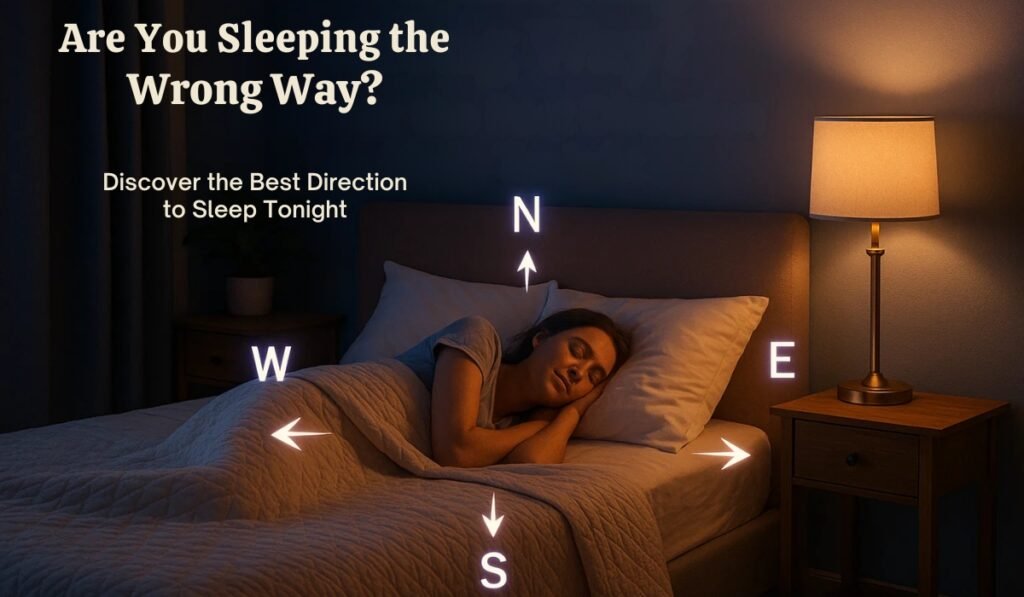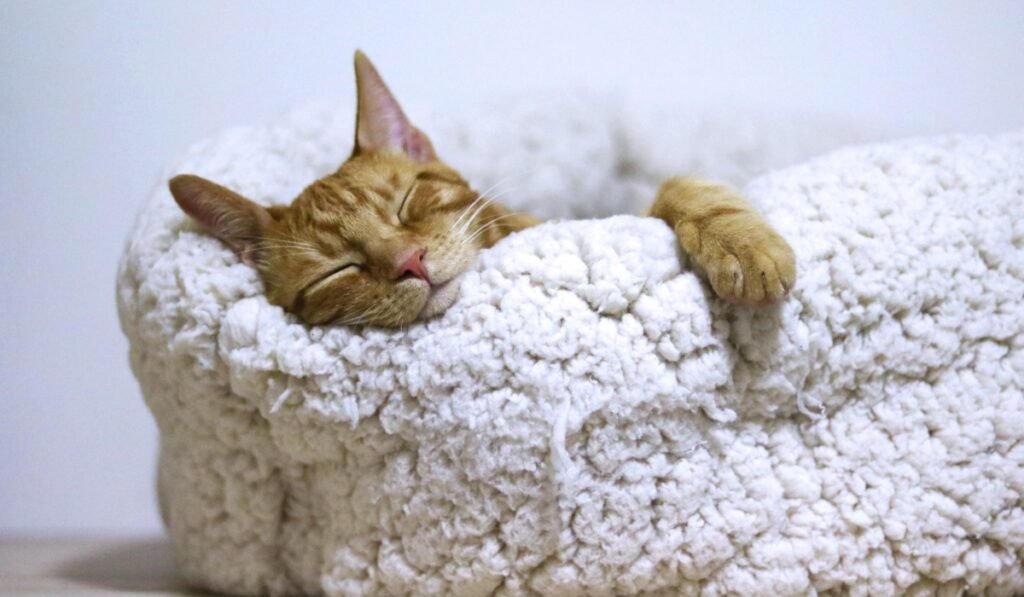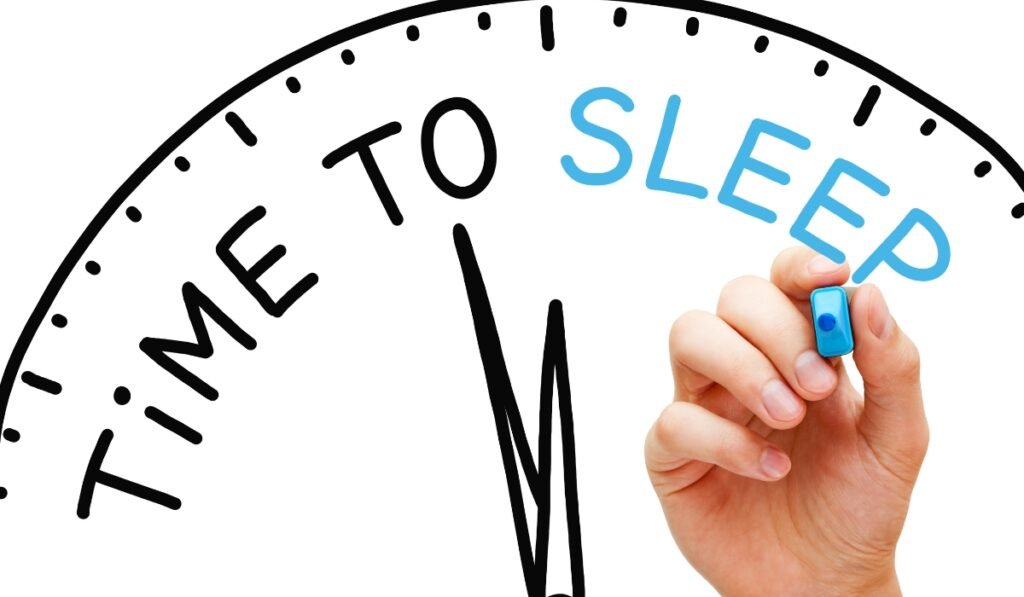Why Sleep Direction Matters More Than You Think
Most people focus on a comfortable mattress, cozy blankets, or even the perfect room temperature for quality rest. But one crucial factor often ignored is the best direction to sleep. According to ancient traditions like Vastu Shastra and Feng Shui, and supported by modern scientific research, the direction you face while sleeping can deeply affect your energy, health, and peace of mind.

Table of Contents
The Ancient Wisdom Behind Sleep Direction
For thousands of years, cultures across the world believed that cosmic energies, magnetic fields, and even planetary alignments influence the human body. In Vastu Shastra (the Indian science of architecture and living), the best direction to sleep is with your head facing south and feet pointing north.
- South-facing sleep is said to align your body with the Earth’s magnetic field, leading to deep rest, improved circulation, and inner peace.
- East-facing sleep is also highly recommended, especially for students and professionals, as it boosts memory, focus, and vitality.
Sleeping with your head towards the north is believed to cause disturbed sleep, anxiety, and even health issues—something many people unknowingly practice.
What Modern Science Says About the Best Direction to Sleep
Interestingly, science also supports this age-old wisdom. The Earth’s magnetic field runs from north to south. Sleeping with your head towards the south ensures better blood circulation because iron in your blood naturally responds to magnetic pull. This reduces pressure on your brain and heart, resulting in sound sleep.
In fact, studies show that people who sleep facing east or south often experience lower stress levels and improved heart health compared to those sleeping northward.

Benefits of Sleeping in the Right Direction
When you choose the best direction to sleep, you may notice:
- Deeper and uninterrupted sleep cycles
- Reduced risk of nightmares and restlessness
- Increased focus, memory, and productivity
- Balanced energy levels throughout the day
- Better emotional stability and inner peace
Which Direction Should You Avoid While Sleeping?
Just as there is a best direction to sleep, there’s also a direction to avoid. Vastu experts strongly discourage sleeping with your head towards the north. It disrupts energy flow, may cause restless nights, and can even lead to stress and health complications over time.
Quick Guide: Best Direction to Sleep According to Vastu and Science
| Sleep Direction | Effect on Health & Energy | Recommendation |
|---|---|---|
| South | Peaceful sleep, heart health, longevity | Highly Recommended |
| East | Sharp memory, focus, positivity | Very Good |
| West | Mixed results, may bring laziness | Acceptable but not ideal |
| North | Restlessness, stress, health issues | Avoid |
Small Adjustments, Big Results
If you’ve been sleeping in the wrong direction for years, don’t panic. Small changes can make a big difference. Simply rotating your bed or adjusting your sleeping position to the best direction to sleep can transform the quality of your rest.

Final Thoughts: Sleep Smarter Tonight
Your bedroom is more than a place of rest—it’s an energy field where your body heals and your mind recharges. By understanding and applying the best direction to sleep, you can unlock restful nights, stronger health, and better mornings.
So tonight, before you go to bed, ask yourself: Am I sleeping in the right direction? If not, a simple change could be the secret to the peaceful, energetic life you’ve been craving.
Frequently Asked Questions (FAQs) on the Best Direction to Sleep
Q1: Which is the best direction to sleep according to Vastu?
According to Vastu Shastra, the best direction to sleep is with your head facing south. This promotes harmony with natural forces, improves health, and ensures restful sleep.
Q2: Is sleeping with head towards east good?
Yes. Sleeping with your head towards the east is also considered beneficial, especially for students and professionals, as it enhances focus, learning, and positivity.
Q3: Why should we not sleep facing north?
Sleeping with your head towards the north is discouraged because it disrupts energy flow and may cause disturbed sleep, anxiety, and even health issues due to the Earth’s magnetic pull.
Q4: What happens if I sleep facing west?
Sleeping with your head towards the west is not harmful but not ideal. It can sometimes lead to laziness or restless energy, though some people may find it neutral.
Q5: Does science support the best direction to sleep?
Yes. Science explains that sleeping southward aligns your body with the Earth’s magnetic field, improving blood circulation and reducing pressure on the heart and brain.
Q6: Can changing my sleeping direction really improve my health?
Absolutely. Many people report better sleep, reduced stress, and higher energy levels simply by adjusting to the best direction to sleep.












